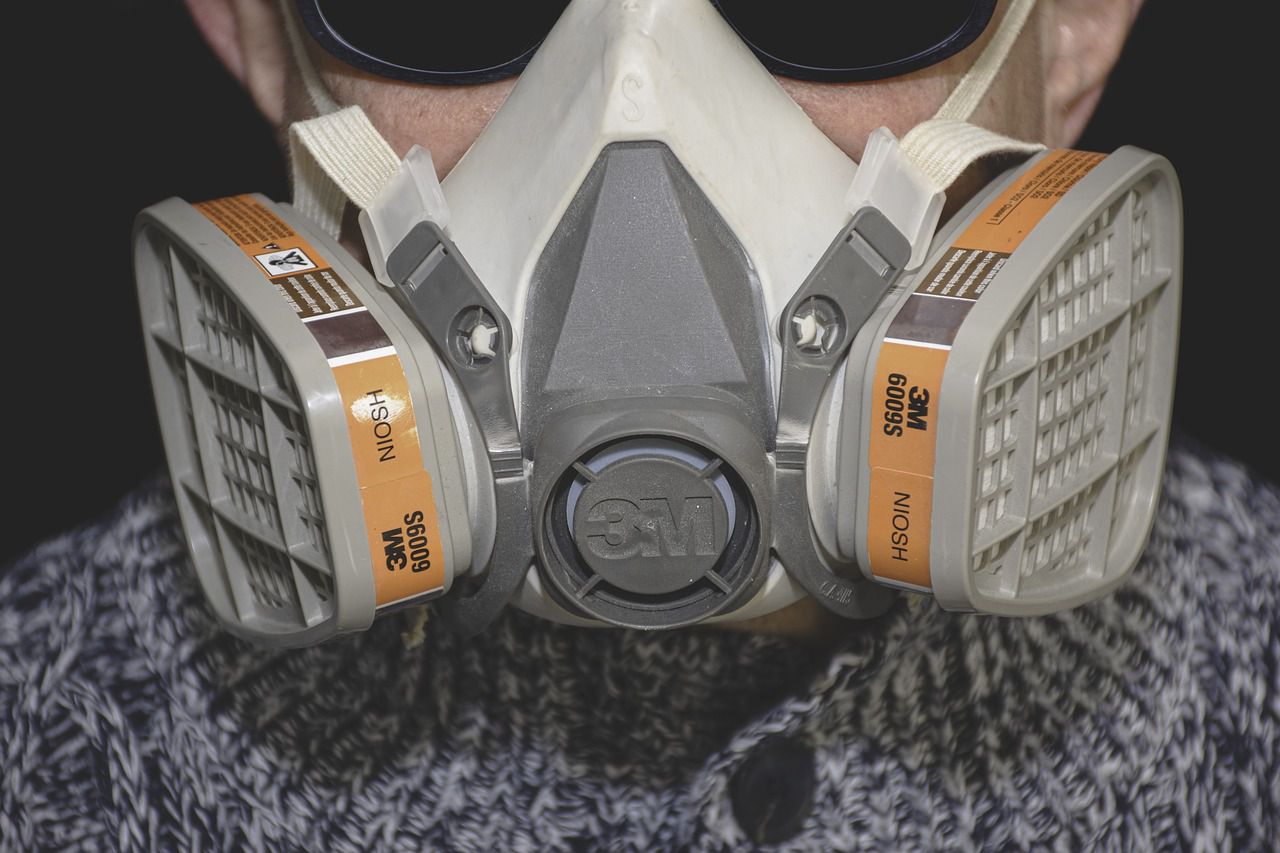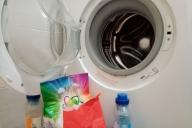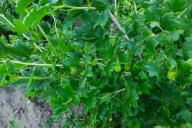While gardening isn't a particularly dangerous hobby, gardeners still need lots of tools and also protection to do everything safely.
One of the things every gardener needs is a respirator - it's essential when you work with chemicals.
Here are a few reasons why you might need one too.
Dust and Allergens
In the garden, there can be a lot of dust, especially when digging, raking, or tilling the soil.
Breathing in dust particles can irritate the lungs and may lead to respiratory problems.

Additionally, gardens may contain allergens like pollen and mold spores.
For people with allergies, wearing a respirator can help prevent allergic reactions.
Chemicals and Pesticides
Some gardening tasks involve the use of chemicals, fertilizers, or pesticides.
These substances can release fumes or tiny particles that are harmful to inhale.
Protection from Mold
Mold can grow in damp garden areas, such as compost piles or shaded spots.
Mold spores can become airborne when disturbed, and inhaling them can be harmful, especially for individuals with mold allergies or sensitivities.
Preventing Inhalation Injuries
In some gardening tasks, like cutting wood, using power tools, or spraying chemicals, there's a risk of inhaling larger particles or debris.
A respirator can act as a barrier against these particles and prevent inhalation injuries.
Long-term Health
Gardening is an enjoyable and rewarding activity, but it's important to consider the long-term effects on health.
Exposure to garden-related hazards, such as dust, allergens, and chemicals, over an extended period can contribute to chronic health issues.
Wearing a respirator can reduce this risk.
Conclusion
Gardeners should choose the appropriate respirator based on the specific hazards they face.
By using a respirator, gardeners can safeguard their respiratory health and enjoy their garden activities safely.









